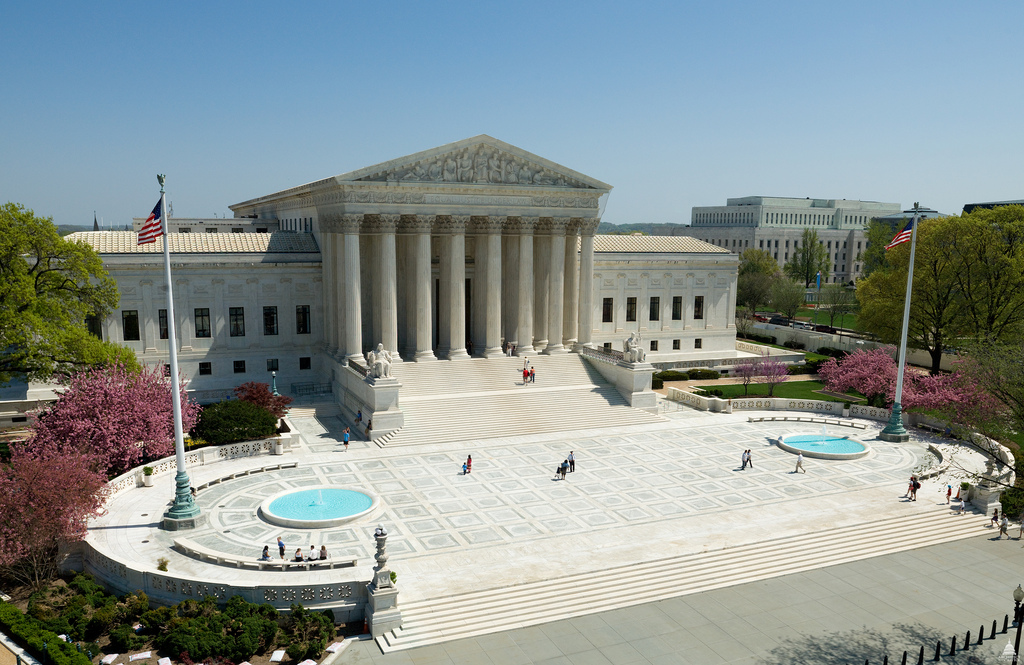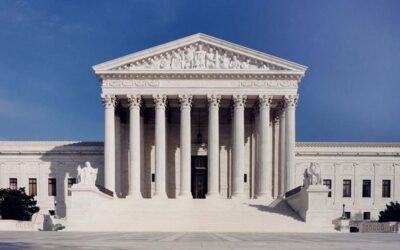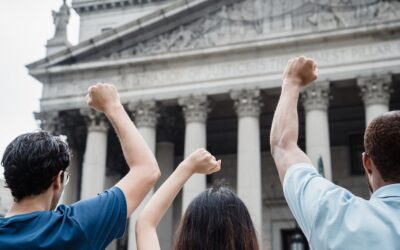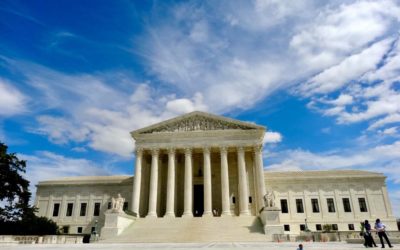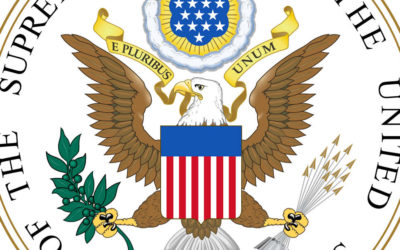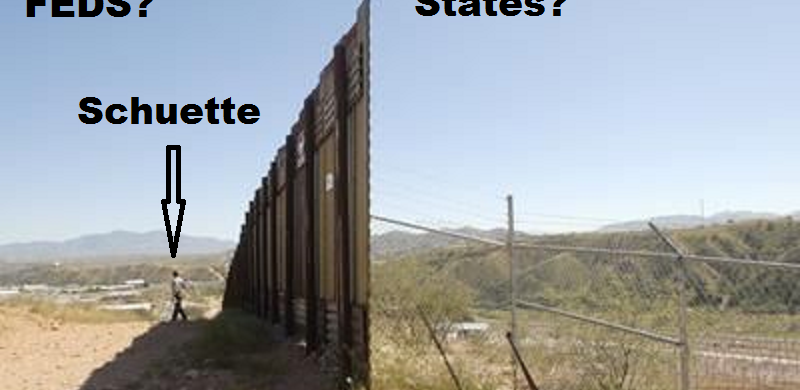The decision underscored the principle that only activities that are essential and directly related to an employee’s primary job responsibilities are subject to compensation.
In a recent decision by the Supreme Court of the United States (SCOTUS), Starbucks received a favorable outcome in a significant labor dispute. The case centered around Starbucks Corporation v. Superior Court of Los Angeles County (Dana Zelman, et al.), a class action lawsuit involving California employees seeking compensation for off-the-clock work.
Background of the Case: The lawsuit was initially filed by former Starbucks employees who alleged that the company violated California labor laws by requiring them to perform certain tasks off-the-clock without compensation. These tasks included closing duties such as locking doors, setting the alarm, and completing paperwork after clocking out.
Legal Issues: The key legal issue revolved around whether these closing tasks constituted compensable work under the Fair Labor Standards Act (FLSA) and California labor laws. The plaintiffs argued that Starbucks’ policies and practices effectively required them to work off-the-clock, leading to unpaid wages.
Lower Court Proceedings: Initially, the Superior Court of Los Angeles County certified a class action lawsuit against Starbucks, allowing current and former employees to join together in seeking compensation for unpaid wages related to off-the-clock work. This decision was upheld by the California Court of Appeal.
SCOTUS Decision: However, the case reached the Supreme Court of the United States, which ultimately ruled in favor of Starbucks. The SCOTUS decision focused on the interpretation of federal labor law and whether the tasks performed after clocking out were integral and indispensable to the employees’ principal activities.
The Supreme Court’s ruling emphasized the distinction between preliminary or postliminary activities and the core work duties for which employees are compensated. The justices found that the closing tasks at issue—such as securing the premises—were part of Starbucks’ overarching operations but did not constitute compensable work under federal law. The decision underscored the principle that only activities that are essential and directly related to an employee’s primary job responsibilities are subject to compensation.
Implications of the Decision: The SCOTUS decision has significant implications for labor law and class action lawsuits involving off-the-clock work. It reinforces employers’ arguments regarding the scope of compensable activities under federal law, potentially limiting the grounds on which employees can claim unpaid wages for tasks performed outside of regular working hours.
Conclusion: In conclusion, the recent SCOTUS decision in Starbucks v. Superior Court of Los Angeles County (Dana Zelman, et al.) delivered a win for Starbucks by clarifying the boundaries of compensable work under federal labor law. The ruling underscores the importance of distinguishing between integral job duties and peripheral tasks when assessing claims of off-the-clock work, setting a precedent that may influence future litigation and employer practices concerning wage and hour disputes in the United States.
Legal Counsel and Your Rights
When facing legal challenges, particularly in criminal cases, it is advisable to seek legal counsel immediately.
An experienced attorney can provide guidance on how to navigate interactions with law enforcement while safeguarding your constitutional rights.
Since 1993 our expert legal defense in navigating criminal law matters and protecting your constitutional rights are what we eat for breakfast everyday.
Contact Komorn Law PLLC if you’re ready to fight and win.
Research us and then call us.
More Rights You Should Know

MI Court of Appeals – MRTMA defense denied dismissal
Does the Michigan Regulation and Taxation of Marihuana Act protect you in all Marijuana scenarios?The Conflict The central issue in this interlocutory appeal is whether the Michigan Regulation and Taxation of Marihuana Act (MRTMA), MCL 333.27951 et seq., prevents a...
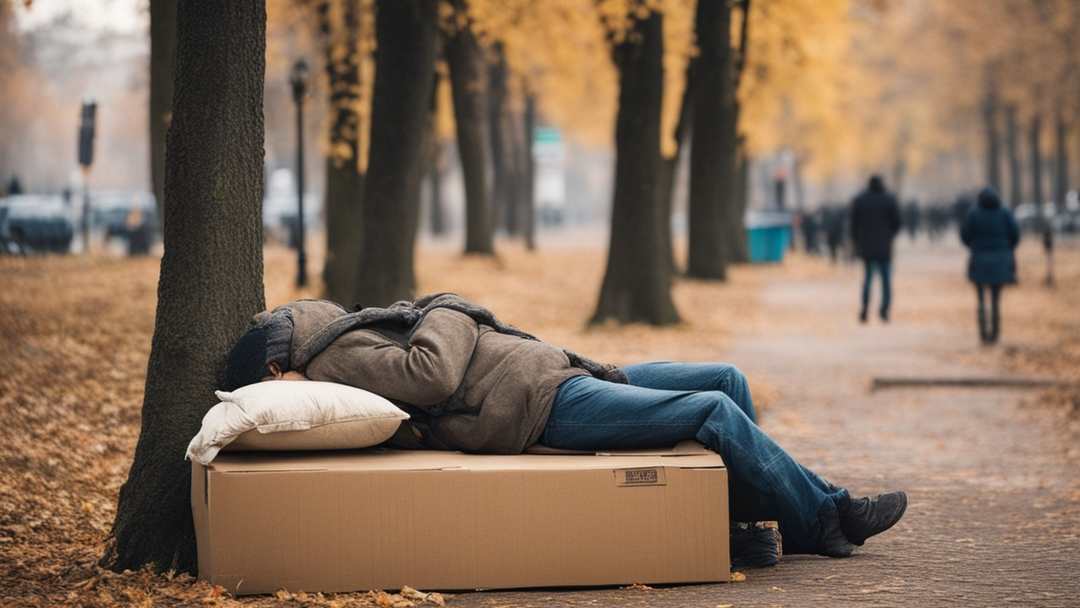
SCOTUS – Justices uphold laws targeting homelessness
Does not amount to “cruel and unusual punishment” under the Eighth Amendment The Supreme Court has affirmed the validity of ordinances in a southwest Oregon city that restrict individuals experiencing homelessness from utilizing blankets, pillows, or cardboard boxes...
Other Articles
Maker of CBD products asks court to decide
The Petitions of the Week column highlights a selection of cert petitions recently filed in the Supreme Court. A list of all petitions we’re watching is available here. Organized crime, from the mafia to small-time money laundering schemes, often evades criminal...
Supreme Court Ruling Strengthens First Amendment Protections: Implications for Michigan’s Threat Speech Laws
In a significant legal development, the United States Supreme Court has recently issued a ruling that has far-reaching implications for individuals facing charges related to "threat speech" in Michigan. The case of Counterman v. Colorado, decided on June 27, 2023,...
Listen Live to the US Supreme Court
Listen live to arguments in the Supreme Court. On Monday, the Supreme Court is set to hear arguments over the phone for the first time ever due to the coronavirus pandemic; they'll hear 10 cases remotely from now until May 13. But that's not the only history being...
US Supreme Court Press Releases Regarding the Justices and counsel will all participate remotely.
The US Supreme Court will hear oral arguments by telephone conference on May 4, 5, 6, 11, 12 and 13 in a limited number of previously postponed cases. The following cases will be assigned argument dates after the Clerk’s Office has confirmed the availability of...
US Supreme Court – knock-and-announce rule
SUPREME COURT OF THE UNITED STATES BOOKER T. HUDSON, Jr., PETITIONER v. MICHIGAN [June 15, 2006] Justice Scalia delivered the opinion of the Court, except as to Part IV. We decide whether violation of the “knock-and-announce” rule requires the suppression of...
Planet Green Trees Radio Episode 149-MSC People v. Koon
The best resource for everything related to Michigan medical marijuana with your host Attorney Michael Komorn. Live every Thursday evening from 8 -10 pm eastern time. By Michael Komorn The Michigan Supreme Court issued a unanimous opinion making a finding that...
Arizona Supreme Court Sets Example for Michigan, Other Medical Marihuana States
This case has been updated: See Arizona Sheriff Refuses to Hand Over Pot July 10, 2013 By Michael Komorn Hats off and a thumbs up to the Arizona Supreme Court letting stand a trial court’s ruling that the County Sheriff of Yuma County, Arizona must return the medical...

